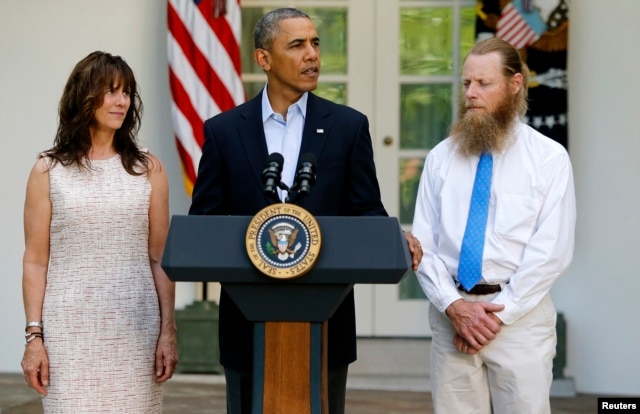 According to Pakistan Christian Post, the threat against religious minorities in Pakistan has changed drastically since the Pakistan Muslim League (N) came in power. There was several blasphemy cases registered in the Punjab province during the rule PML-N government in the past and the same practice was on.
According to Pakistan Christian Post, the threat against religious minorities in Pakistan has changed drastically since the Pakistan Muslim League (N) came in power. There was several blasphemy cases registered in the Punjab province during the rule PML-N government in the past and the same practice was on.
A Christian family with children and women were burnt alive and the Christian colony was set ablaze in Gojra city in 2009. In the city of province Punjab, Sangla Hill and Joseph Colony, Lahore; the same practice had been seen, cases were registered against those attacks but no action is being taken against the complainants.
In addition, since s the PML-N government came in power in the federal, Islamabad slum settlements were alerted to vacate and were considered infringement. The inhabitants were living there for about four decades. Officials in capital of Punjab province, Agency, along with the police from different stations reached at the Katchi abadi in Qaziabad, Gulshan-i-Ravi, with bulldozers and earthmovers in the early morning. The workers demolished houses amongst cries and screams of women and children.
Punjab government appears to be in hurry now to crush the Christians during their rule. The colony was reportedly built about40 years ago and during his first Government, Nawaz Sharif promised them that no one would force them to leave their houses. But during his current rule he has lifted them all. In recent past; Islamabad High Court’s Justice Shaoukat Aziz Siddique had directed Capital Development Authority – CDA to clear the slum settlements from the Capital, Islamabad. The situation of Christians can thus be better explained by this Urdu poetry:
Mera qatil he mira munsif hy kia mery haq mein faisla dy ga. (My killer is my judge, will he decide anything in my favor)
The issue is not just limited to Christian only but others are suffering too. A university professor was entrapped in blasphemy case and his lawyer was killed. A blasphemy case was registered against 65 protesters in his favor. Recently blasphemy cases have been registered against a well-known Geo TV anchor Dr, Shaista Wahidi, Geo TV owner and two participants who afterwards had to flee from the country due to this reason. A man in small district, Shariq pur; accused of blasphemy case was killed during his judicial investigation. A foreign national Ahmadi Cardiologist doctor was killed during his visit to Pakistan.
According to Pakistan Christian Post Situation is more severe for the minority groups in the country. Many Christian families are suffering in Thailand, Sri Lanka and Malaysia. UNHCR is not paying attention to these asylum seekers. Most of the Christians are shifting to other countries and rests do not find any future in the country.
To conclude, Christian Posts poses a question to all Christians,
“Are we equal citizen; if not should we stand for our rights?”
- See more at: http://www.christiansinpakistan.com/my-judge-is-my-killer/#sthash.lrdj7x5D.dpuf










